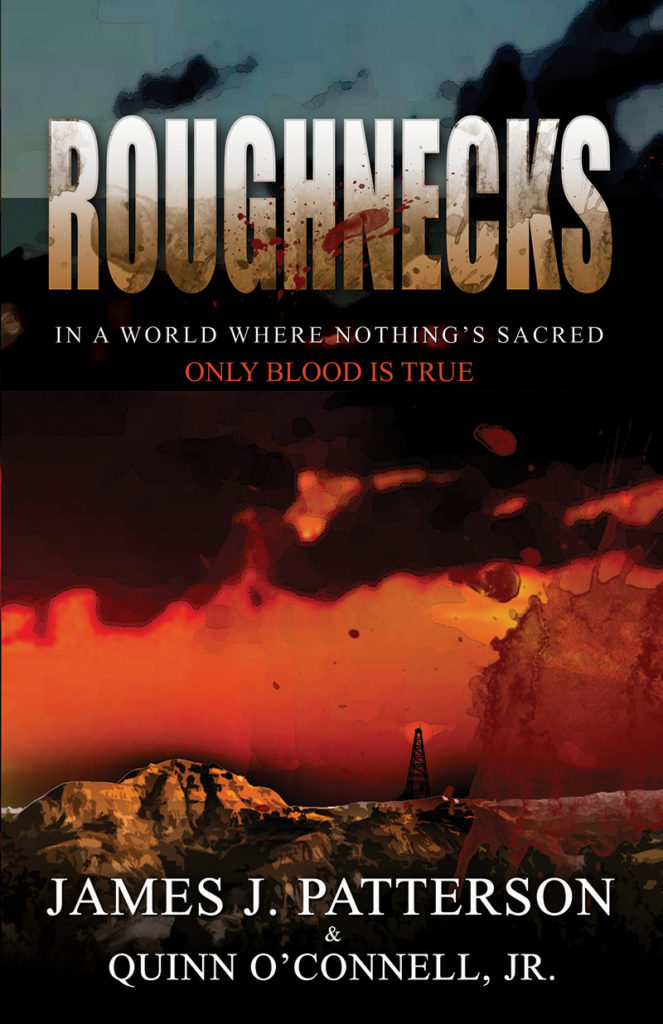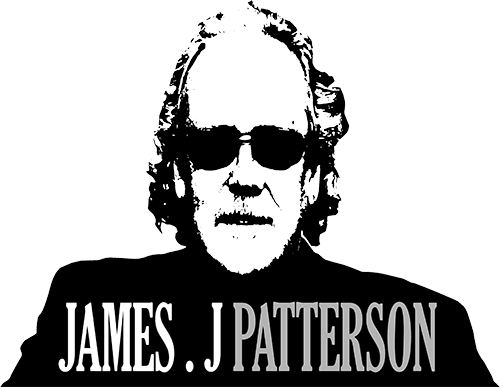“You can change the dimensional make-up in someone’s mind with a single chord of musical phrase, or excite their imagination, invoke any of the mindful emotions. You can do the same thing with images in words, of course. But music can find a direct path to a person’s core that he or she may have thought was well defended.”

Recently, James J. Patterson sat down with fellow author, Branka Cubrilo, for her blog. They spoke on Patterson’s most recent novel, Roughnecks, his old band “The Pheromones,” whose style Patterson warmly refers to as “pop-relevant cabaret”, his favorite author, Henry Miller, and many other diverse topics.
Especially in this interview, Patterson shows himself to be the lover of craft that he is. A deep respect for words and syntax and expression drips from every patently Pattersonian musing on inspiration and art.
If you love Patterson’s essays and fiction, this is not to be missed.
You can find the full interview HERE on Cubrilo’s blog and an excerpt below.
An Excerpt from the Interview
What challenges did you overcome [in order] to pen Roughnecks?
A roughneck, in this instance, is someone who works outdoors on the floor of an oil rig. It’s a brutal job with no safety net. I am not by any stretch of the imagination a roughneck. But this story was given to me by an old grade school buddy whom I grew up with. He lived it, and knowing me to be a writer, he took me out to the Montana hell-n-gone, disguised me as one of their own, and we retraced his steps. It was a harrowing adventure just in the reliving. That’s why I also put his name on the cover of the book. I had several careers during all that time and worked on the book between those careers, taking trips out to the oil patch by myself, interviewing and researching, sitting on wooly hills and buttes in the Badlands, writing the descriptions. All in all, it took eight years of continuous writing. I had spent a lot of my life in rural Canada, where most of the men were hard-nosed do-it-yourself types, and day laborers. Plus, my father had a career commanding an army of tough guys who delivered newspapers in the middle of the night. So, I wasn’t totally unfamiliar with the mind-set. Writing Roughnecks was the hardest thing I’ve ever done, next to quitting cigarettes – smile.
What is writing to you exactly and how different is it as a method of expressing yourself [as compared] to expression through music?
With me the medium is not the message, the message is the message, to turn Marshall McLuhan’s message on its ear. I have always been first and foremost a writer, but sometimes you have something you want to say, and music is a better delivery system. You can change the dimensional make-up in someone’s mind with a single chord of musical phrase, or excite their imagination, invoke any of the mindful emotions. You can do the same thing with images in words, of course. But music can find a direct path to a person’s core that he or she may have thought was well defended. Music can activate the spirit, can call out to the divine, if you let it. Like poetry and brave literature. There’s also an aerobic component to the making of it. Playing is a physical challenge. We would sometimes play sixteen songs a set, four sets a night, fifteen or more nights in a row.
However, any art form one chooses, painting, sculpting, composing, they all have their limitations and that’s a good thing. I’m most comfortable with writing, it seems, to my way of thinking, to have the least limitations of all. Plus, reading takes effort. I like that, rather than just sitting and listening, or viewing. And that effort makes the reward of it greater somehow. I know people who read fast, I’m not one of them and if there’s any envy in me at all, it’s for that gift. I write because I have something I want to say. Have something to say and you enter a virgin forest of old growth words. Make of it what you will.

Roughnecks is available from Alan Squire Publishing.
